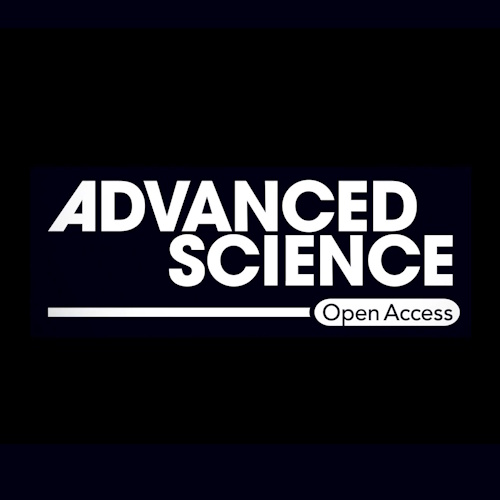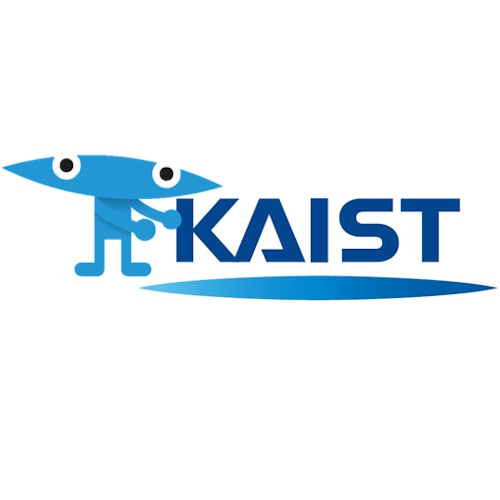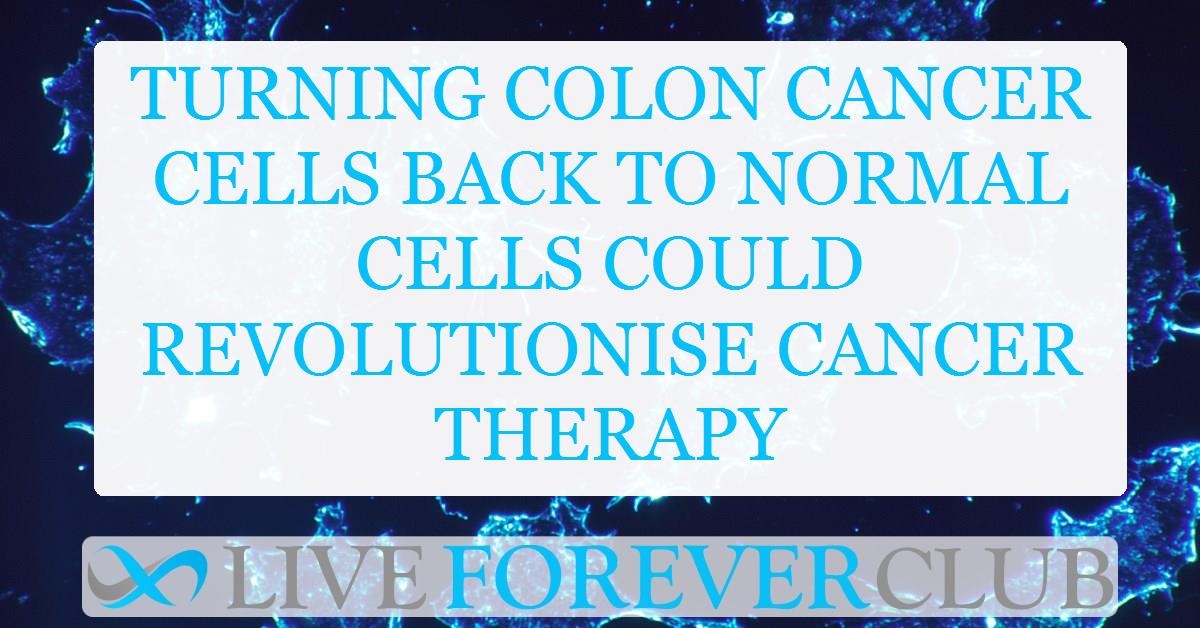Key points from article :
Researchers at KAIST developed a novel technology to treat colon cancer by reprogramming cancer cells into a state resembling normal cells without killing them, thereby avoiding harmful side effects.
This approach diverges from traditional cancer therapies by focusing on reversing cancer cell behavior rather than destroying them. The team created a “digital twin” of the gene network governing normal cell differentiation using single-cell transcriptome data. This digital model allowed them to identify key molecular switches that regulate the differentiation trajectory of normal colon cells.
The identified master regulatory genes, including HDAC2, FOXA2, and MYB, were applied to colon cancer cells in laboratory and animal studies. These interventions successfully converted cancer cells into normal-like cells, significantly reducing tumor growth. The results were confirmed through molecular and cellular experiments and animal models, demonstrating the potential of this technology for non-destructive cancer treatment.
The findings show that cancer cell reversion can be systematically achieved by analyzing and simulating gene networks rather than relying on chance discoveries. This represents a significant shift in cancer treatment, offering a pathway to therapies that target the underlying mechanisms of cancer cell differentiation and reversion.
The research was supported by the Ministry of Science and ICT and the National Research Foundation of Korea. It was published in the journal Advanced Science on December 11, and the findings have been transferred to BioRevert Inc. for development into practical cancer therapies.
KAIST emphasized that this study introduces the concept of reversible cancer therapy, laying the groundwork for innovative treatments that could be applied across various cancer types, potentially transforming the field of oncology.







